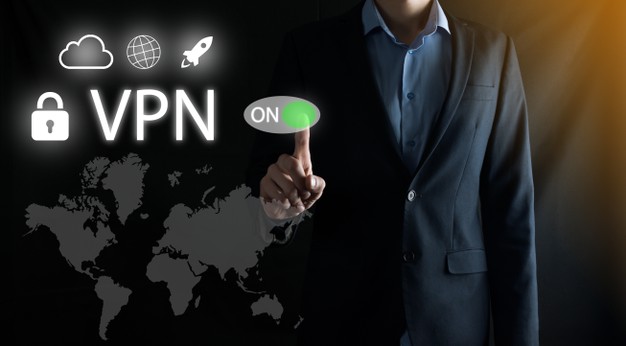
Have you ever noticed many college students love using VPNs? Trying observing your friend’s computers while they use campus WiFi in the library, hostels, or labs. They insist on turning a VPN on before browsing.
No, they don’t have extra money to waste. VPNs have become a necessity in the lives of many students. They also make using school WiFi more enjoyable. Read our article about discovering why VPNs are so important to today’s students.
Protecting your Identity
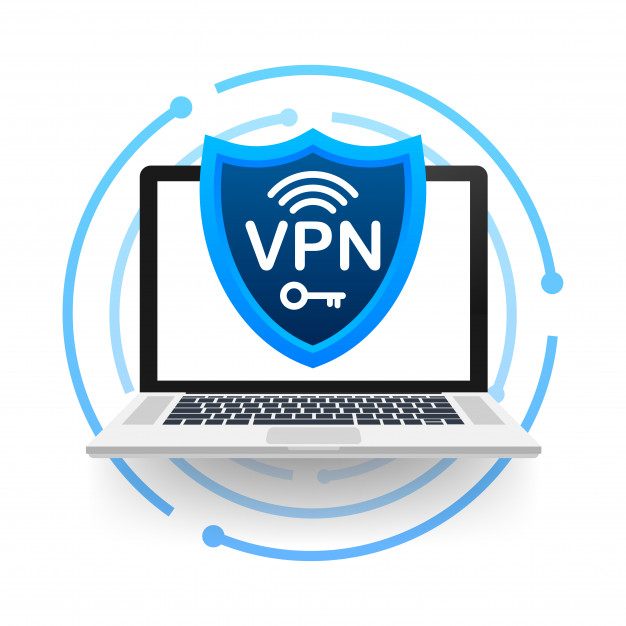
Universities are less like the generation population. They are a lot of great, law-abiding people studying to get into their dream careers. And there are students who are up to no good. The few bad apples are a reason to use a VPN because they could spy, hack or infiltrate your computer with malware.
VPNs protect you by hiding your identity and encrypting your data. They shield your identity by replacing your computer’s IP address with a temporary IP address hosted in a remote server. The server can be located within your city, a different state, or continent.
The bottom line is that replacing your IP address helps anonymize you while on the Internet. In turn, it becomes difficult for spies and hackers to identify you. Some VPNs also tunnel your data through multiple VPNs to increase the level of difficulty in tracing your identity.
Protecting Data
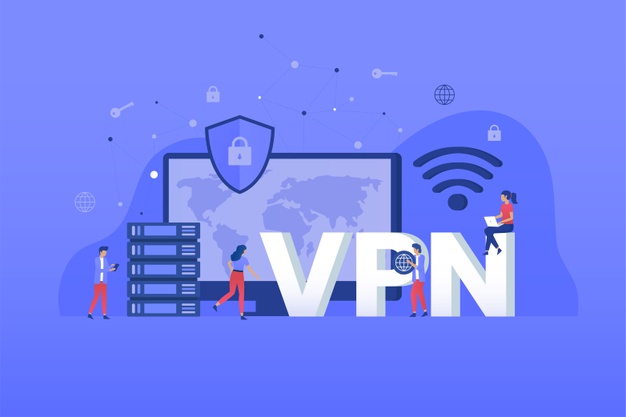
In its guide on what is a VPN, NordVPN, which offers a VPN trial, explains that one of the most important functions of a Virtual Private Network is protecting user data. The security tool encrypts your personal information through military-grade techniques. As a result, no one can decrypt your data no matter how hard they try. Find more info here.
Besides encrypting data, VPNs also transmit your bandwidth safely to ensure no one can intercept for any reason. Some universities are notorious for spying on students, especially if they suspect you’re researching on topics they disapprove of.
Secure data tunneling can keep your personal information private from your campus, Internet Provider, or even government officials. That said, use a VPN with the best tunneling protocols for the best results: PPTP, IPsec, SSTP, and OpenVPN.
Uninterrupted Gaming
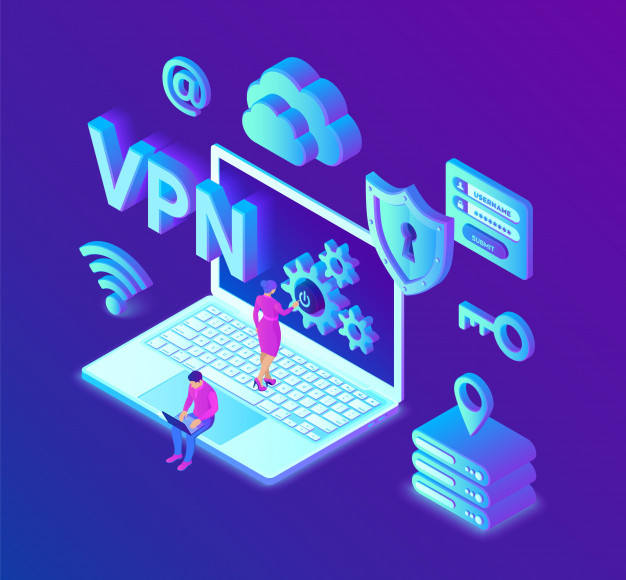
In an ideal world, you can play video games safely and smoothly without a VPN. But we live in a world where some gamers are full of rage and stop at nothing to stalk, intimidate and even call SWAT on fellow gamers. Others send you malware, ransomware, or DDoS attacks to frustrate and harm your devices.
Then there are ISP providers who care about little besides ensuring you minimize your bandwidth and pay exorbitant prices for their service. Another reason to use a VPN as a student gamer is to acquire new games before they’re available in your country. And if your campus WiFi prohibits gaming, you can use a VPN to bypass that rule too.
In other words, VPNs offer many benefits to gamers. But they’re not flawless. Some clients slow down Internet connections. This has something to do with the process of encrypting your data and tunneling it through servers located in a different location.
In light of that information, take the time to choose a good VPN for gaming. You want a program that can hide your identity to avoid DDoS and Swat attacks. It should also encrypt your data and provide fast downloads and uploads.
Unblocking Entertainment Websites
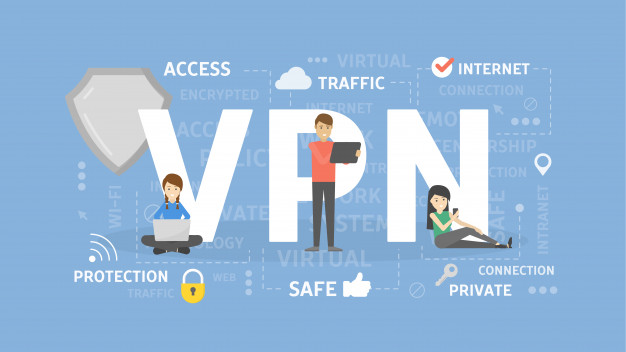
For many VPN users, the decision on which provider to choose comes down to unblocking entertainment websites. Over 50% of VPN customers buy subscriptions to unlock social media and entertainment websites like Netflix, Hulu, and BBC iPlayer.
Most VPNs can unblock social media sites like Facebook, Twitter, Telegram, and Instagram. The problem comes in unblocking streaming networks that deploy advanced firewalls to enforce geo-restrictions. Netflix is a prime example.
The company’s security wall detects VPNs and thwarts attempts to allow non-US-based streamers to access its content. That said, the best VPNs bypass Netflix’s geo-restrictions with ease. They also unblock Hulu, Amazon Prime, Bollywood Films, and virtually any steaming website.
All you need is to choose a server located in a country where your favorite streaming network operates. Then you can unblock these websites and watch films and TV shows you otherwise couldn’t watch.
Torrenting
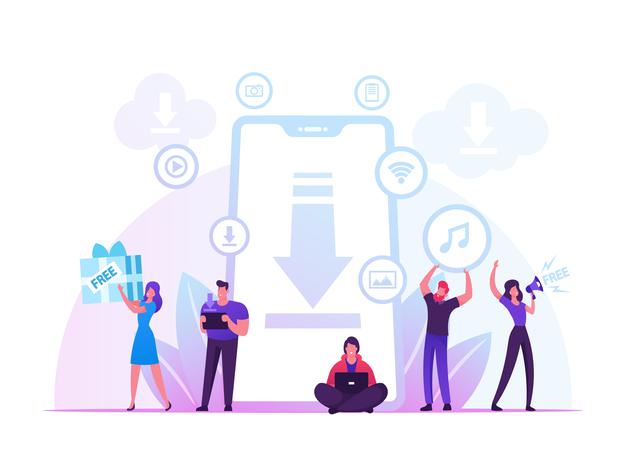
Let’s face it. Students love to download videos, music, games, and eBooks on torrent sites. It’s illegal in many countries. But people still do it. Torrenting is also unsafe and comes with the immense risk of getting malware, ransomware, and data interception.
But you can protect yourself from these dangers through a VPN. Many torrent sites advise you to enable a VPN before you download torrent and they aren’t wrong. A Virtual Private Network can be lifesaving, especially if it’s legal and the punishment is a hefty fine or jail time.
Although using a VPN to download torrents is safe, it can slow download your download speeds. Some clients solve this problem by providing a dedicated server located close to you. This way, you’ll download your torrents using the best server available.
Check out the Dark Web Safely
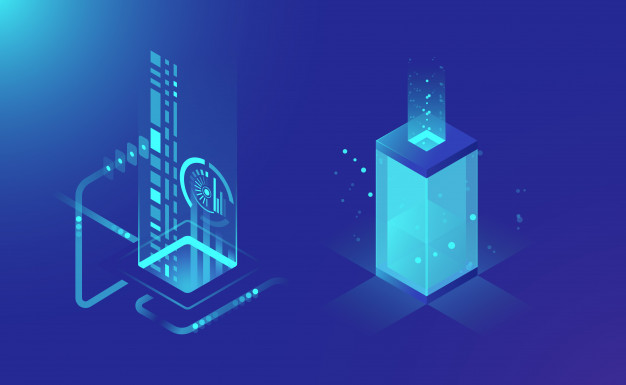
If you like to explore the Internet, you might have thought of exploring the dark web. It’s a dangerous place for a lot of reasons. For starters, people sell drugs and offer their services to commit all sorts of unspeakable crimes.
It also features its benefits too, like allowing people to share their opinions without getting licensed. What’s more, it has markets for a lot of products, including legal things like books, clothes, and electronics. If you would like to explore the dark web, though, it’s essential to secure your connection with a VPN.
Many VPNs also recommend that you also use a safe browser like Tor. This browser uses a unique network that anonymizes traffic while you browse. When combined with the IP shielding and data encrypting services of VPNs, visiting the dark web becomes safer.
Your Turn
If you’ve been wondering why everyone on your campus seems to use VPNs while browsing the net; now you know. VPNs provide anonymity and protection for your data. They also keep you from the dangers of using public WiFi like campus WiFi, from scammers to hackers.












